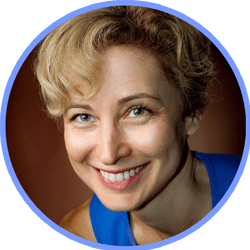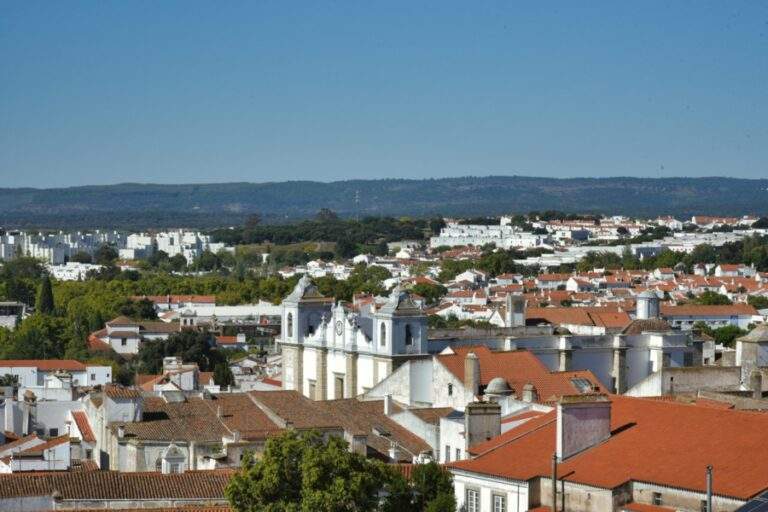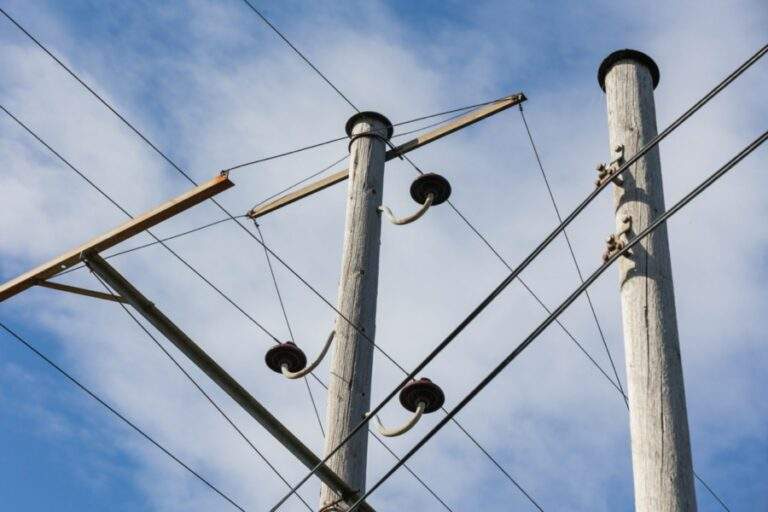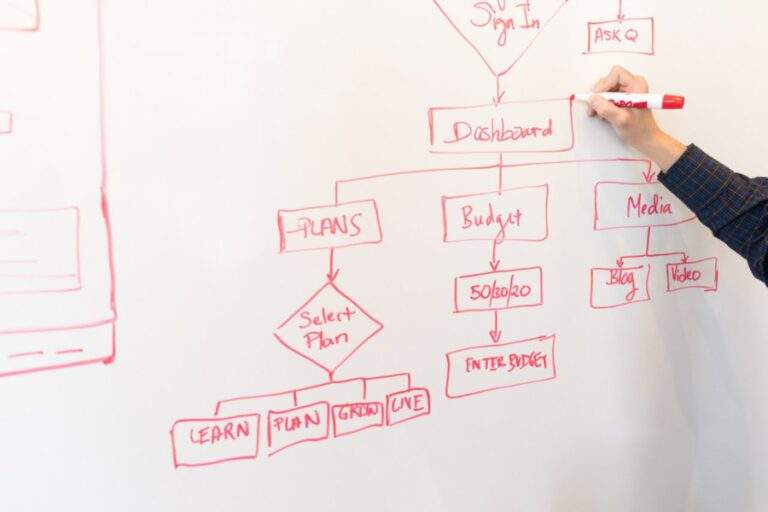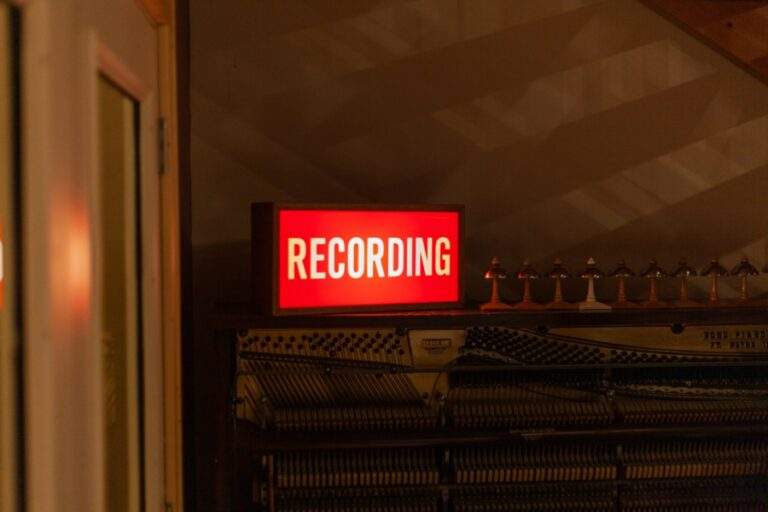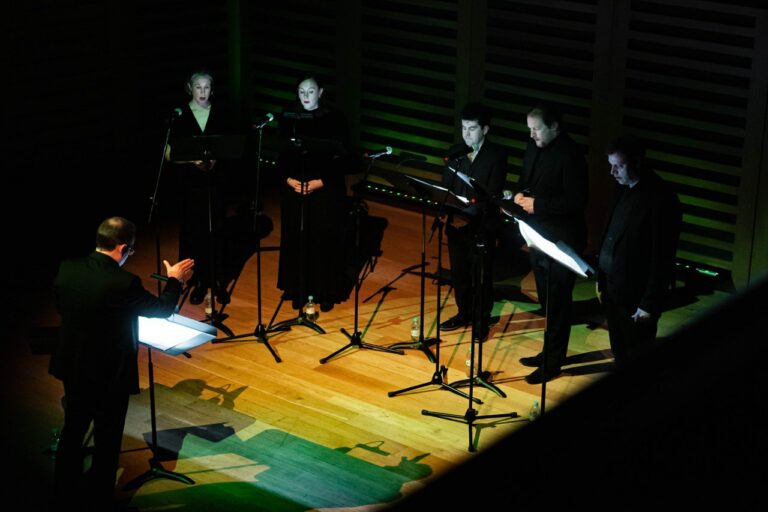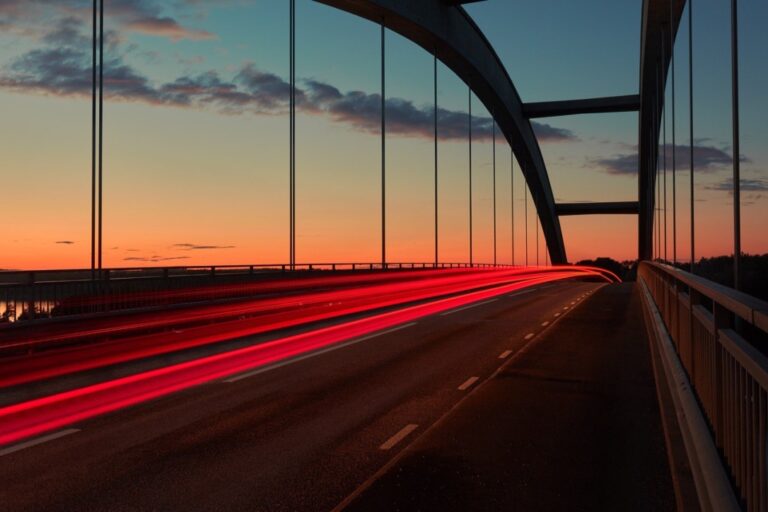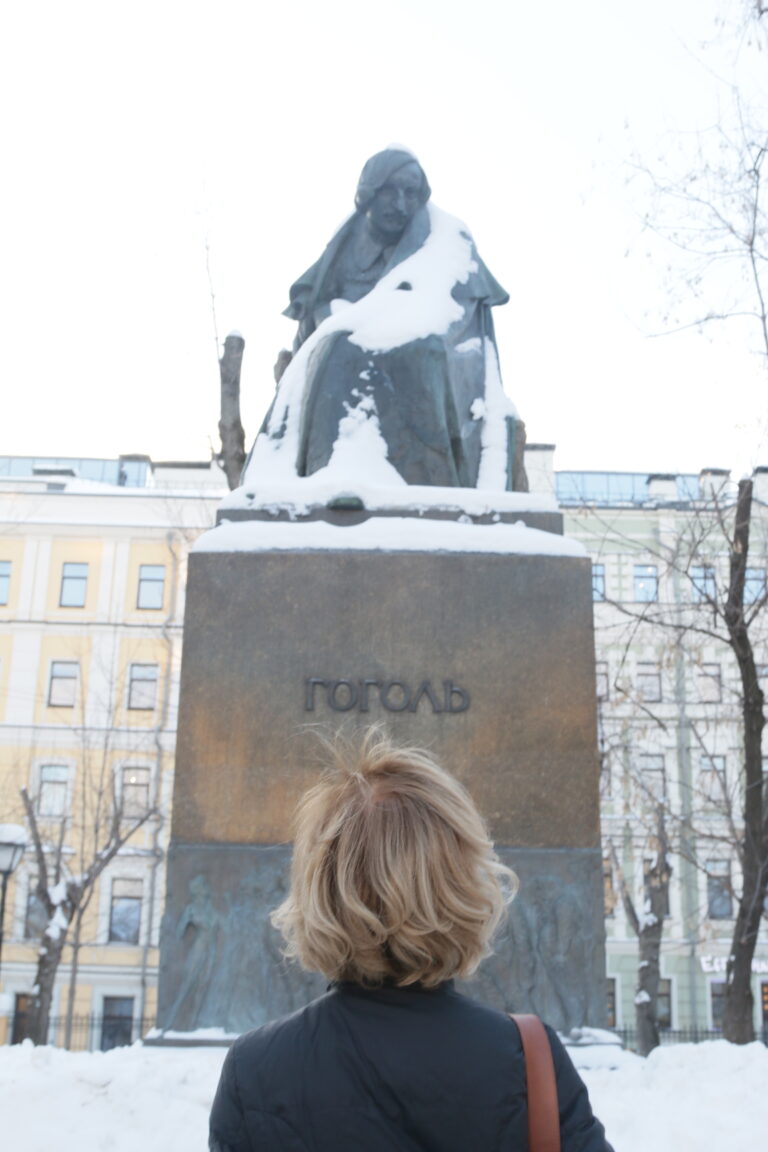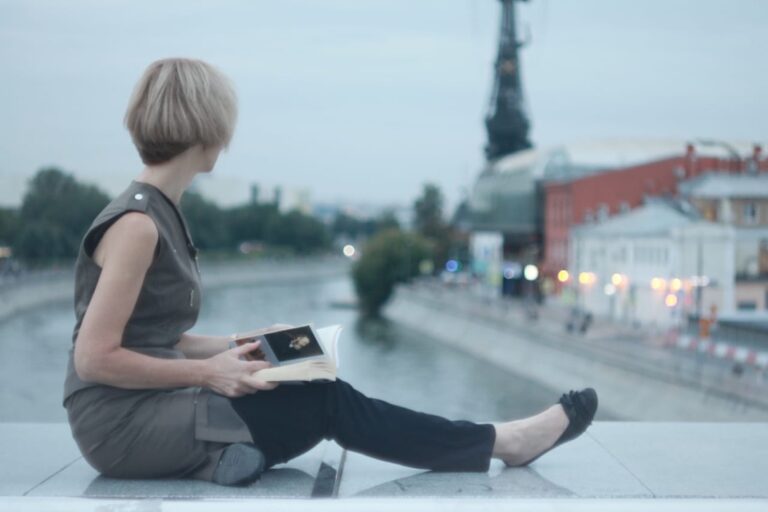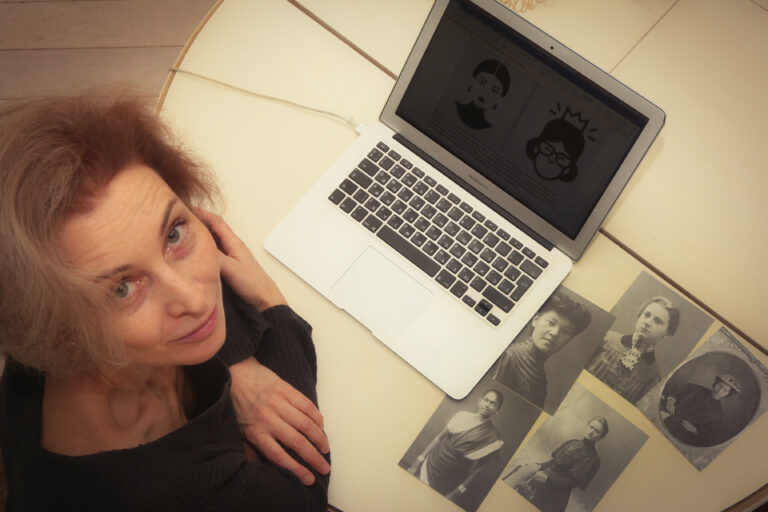I would like to share the stories of several people who arrived in Portugal three years ago and launched their entrepreneurial projects. From 1996 to 2005, I was a loan developer in international small business lending programmes. I started with the US South Shore Bank and later joined the EBRD Russia Small Business Fund. Examining both the financial data and the personal stories behind each business is crucial to ensure the loans are repaid. I have been interested in small businesses ever since.
Electrification
Today, 31.03.2024, is 57 years since my parents got married.
The photos in this post are amateur snaps capturing my parents’ two summers in the mid-1960s. Future engineers and students of Moscow Power Engineering Institute, they built electricity lines in remote rural areas of Central Russia. Looking at the photos now, I envy them. The mid-1960s seemed like a good time to be twenty.
Task Definition and Common Sense
This post has two parts.
The first part is on the London Mayor’s “Say Maaate to a Mate” summer campaign and Ogilvy Consulting work. Although I find the visuals awkward, I do not have a clear opinion about the campaign. First, I am not a Londoner, and second, I do not know the whole story of the client (the Mayor) and the consultant (Ogilvy) cooperation – what had been initially proposed? Did the client ask for changes? Etc. However, the idea was good, and the discussions were rich, so I wrote a summary and cited some publications.
In the second part, I write about my own consulting experience. In most cases, the client and I worked together on the task definition, and I would often propose a different angle.
The connection between the two parts is the question: can one influence the task definition when a project has high visibility and one’s client is a Mayor?
Found in Translation
My friend Ole Jorgensen has recently released a video “My Life as Inventor, Designer and Explorer”, the latest in the series of videos about his life. Ten years ago, Ole and I did a project together, the Russian Film Music DVD. My part of the job was the English subtitles. Dreaming of literary research in my young years, I ended up working on more down-to-earth things like financial services. I am a good reader, though, and I love talking about literature. Today, I lead groups for the learners of English, including one on translations of classical literature. The project with Ole, as I see it today, helped me to connect the two professional domains, international business development and language studies.
SQM Remedy system, best in class
In this post, Vera Kolpakova (Senatorova) speaks about the time when we worked together. SQM Remedy system was one our first important initiatives. “Agile” and “scrum”, these words were not known then. Someone probably watched us in 2006 and coined the terms to describe our approach. We asked Vica Alexandrova and Marina Kodryan to contribute, and so they did. And there are more stories to tell about that time and our SQM team!..
What Is Russia Thinking?
Here, I would like to save the two articles, from New York Times, Feb 15, 2023 and from FT, Jan 7, 2023, about the documentary opera “Russia : Today”. My daughter Tonya Wechsler is the producer of this project.
Burning Bridges
On June 22nd, 2022, I posted the article “I will burn this money on Crimea Bridge” on my Russian website. Let the title not mislead you: the customer I quoted had referred to the Crimea bridge in Moscow over the Moskva river. The quote dates back to 2008, when Crimea was part of Ukraine, and that bridge to the island of Crimea did not exist. The June post “I will burn this money…” told the story of my bank account opening in Portugal. That little victory over the red tape is now past, so the English version is more about banks’ rules and compliance procedures in general. Nothing new for bankers but might be interesting for bank customers. I am finalising this English version much later. I have not heard a voice approving the war among my close friends and relatives. Yet there is a vast country out there. Some people are in shock and enduring reality; others accept sick ideas and follow criminal orders. Two months ago, young friends from Moscow came to stay with me, medical doctors who did not want to be mobilised. They miss their dog and their flat; they keep working online for their pharma companies doing business in Russia. One can blame them for not being interested in politics but I do not see that they differ much from European young people I know. The posts I write here and in social networks are my way to stay connected with my own voice and with others. Life is with people. Transparent, accessible, and fair financial services connect people.
If only Gogol knew…
The Russian version of this post gives more details of my leap to Porto from Moscow but does not cover recent events. Writing this on the last day of May 2022, I add many pictures hoping they help me tell the story.
Reading Group, Actually
In a small British-Russian group we read Russian classics in English, role play dialogues, discuss translations and translators’ comments. Online, on Tuesdays, at 7 pm Moscow time. This article describes nine sessions devoted to Mikhail Bulgakov’s famous novel “Master and Margarita”. 30 min read
Unveiled Faces, Open World
This is a second post reflecting on a project I did last summer, with European, Kyrgyz, Tadjik and Uzbek colleagues. Our team studied demands for financial services in Central Asia focusing on women. I conducted interviews, listened to focus groups discussions and described different groups of women-in-business. In this post, I collect impressions and quotes that will not make part of an official report. The goal is to save the impressions, images and ideas. Inspired by Mathilde ter Heijne and her art project Woman To Go.
